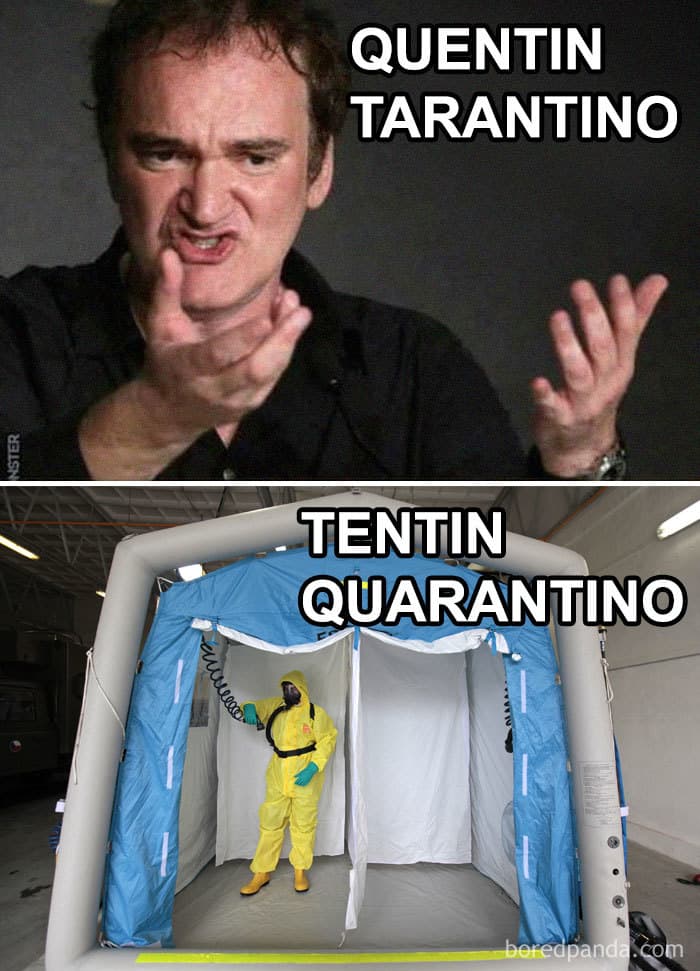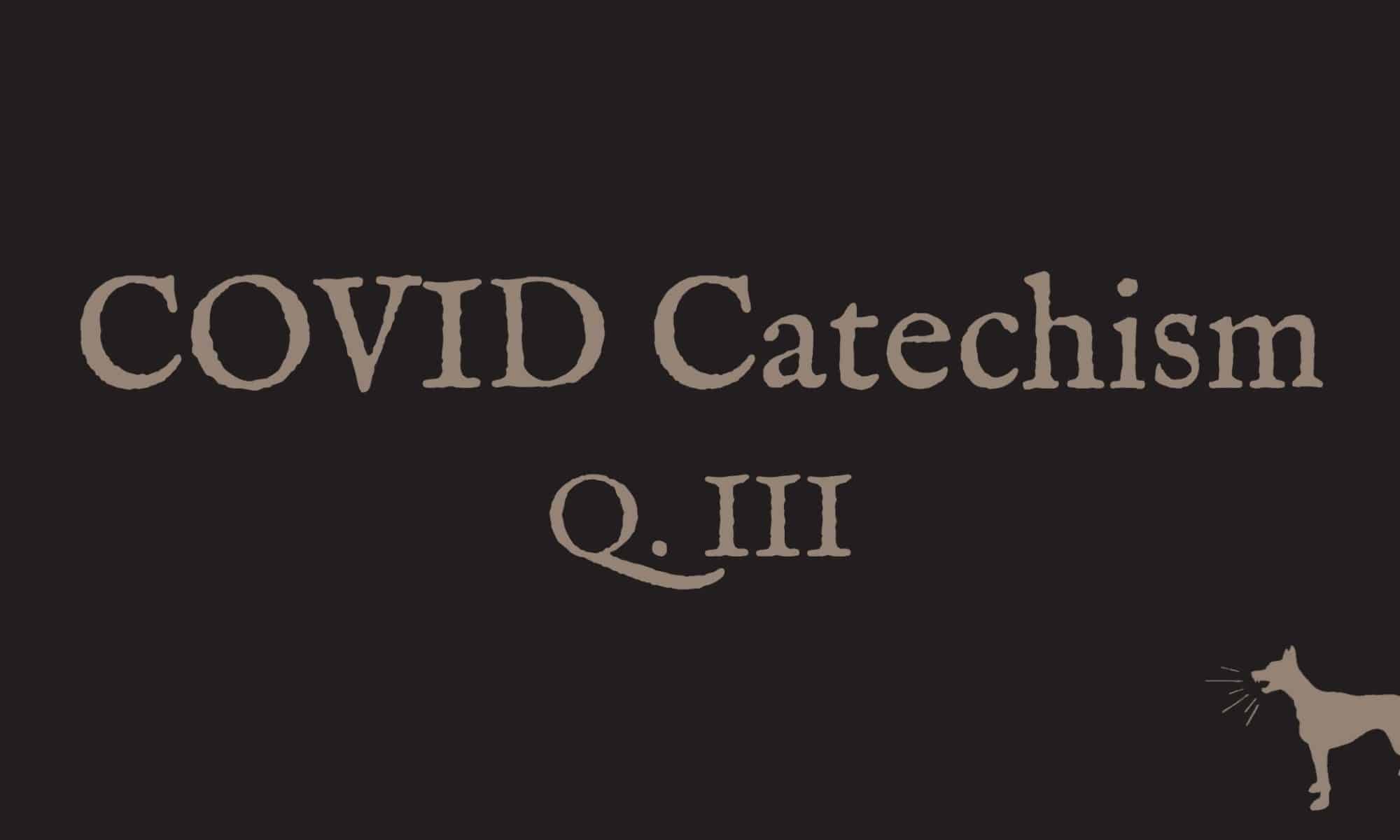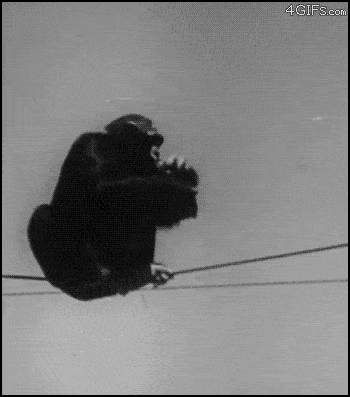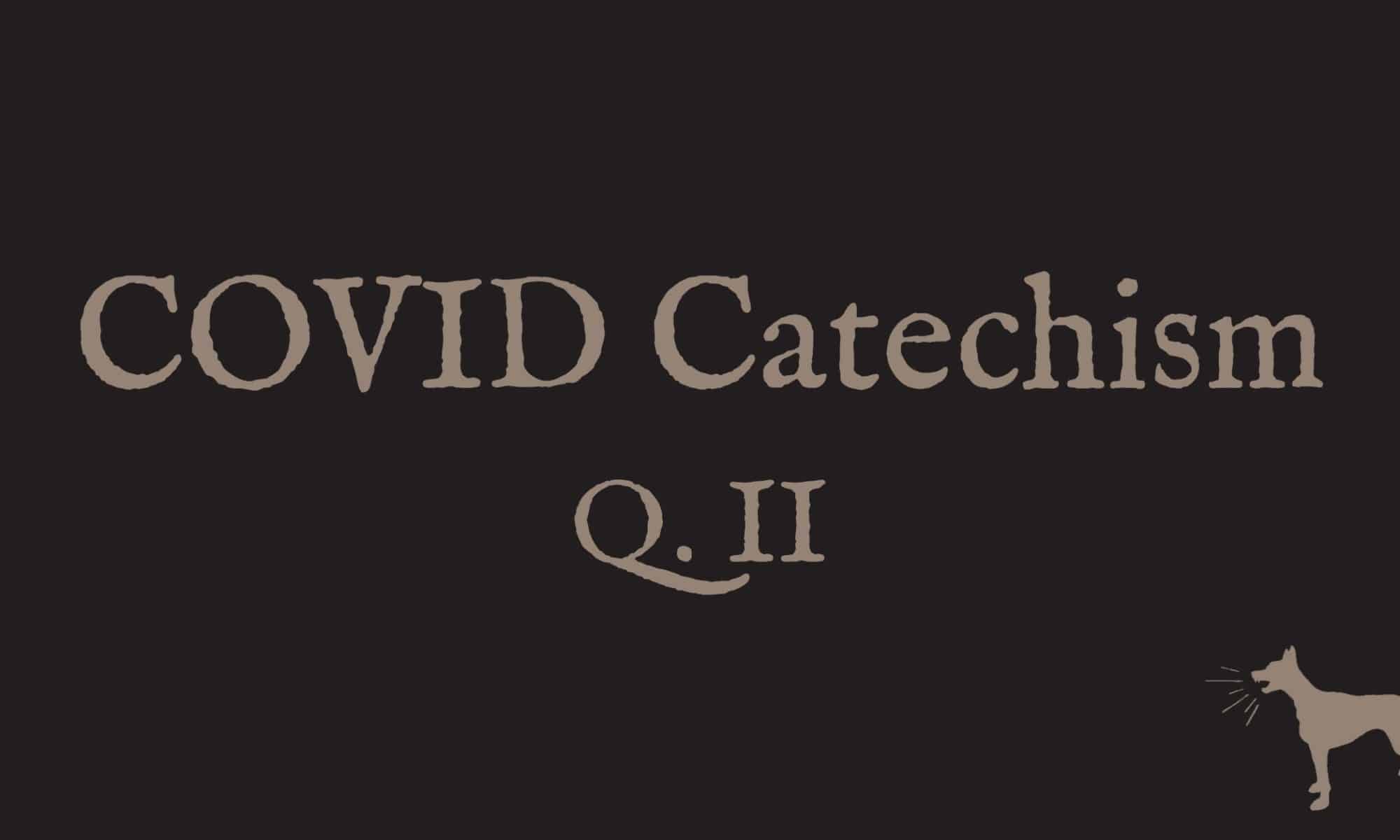“The apostle Paul lived one of the most thrilling lives ever lived, and yet the good professor seemed to have the ability to present the second missionary journey as something at the same level as watching paint dry.”
Scriptural Quarantine
Introduction: Back when the coronavirus first came to our shores in a big way, I noticed an immediate defiance in some Christian quarters regarding the magistrate's authority to issue quarantines, ...
The Butterfly’s Nicest Pair
“He had once heard his grandfather say, in reference to his grandmother, that she was the butterfly’s boots, and this was a sentiment that Trevor now thought he understood the deeper meaning of. He had fallen for her voice—that voice!—the day of the rally out in front of the college, and then, when he had actually met her, he had decided within minutes that it would be criminal negligence on his part not to be in hot pursuit. Of course, he must not look as though he was in hot pursuit. Some girls don’t go for that. He ought to look like he was sauntering. Sauntering purposively.”
Like the Merchants of Babylon
Some friends have drawn my attention to a piece that N.T. Wright wrote for Time on the coronavirus here. Another friend of mine has already replied to him here, and just like my friend I agree that the article was better than the headline, which was gobsmackingly bad. But the article itself was still a …
COVIDAPALOOZA: LETTERS VERSION
Letter to the Editor: What is missing is proportion. The all-or-nothing approach to this problem only creates more problems and worse problems. I work in a hotbed of the Corona virus--Oakland ...
A Healthy Drill for Young Men
“It was the kind of family where the young men were expected to go off to school and then to make their own way in the world of great adventures—five years or so was respectable—before coming back and joining the firm in some useful and productive capacity. They were always expected to come back with a dragon head or two, and it was never looked down on if they came back with a beautiful and exotic woman from Ecuador or something. Trevor’s uncle had done that.”
COVID Catechism Q3
Q. So far you have just been speaking to certain theological truths—God’s sovereignty and God’s goodness, which is good and all. So is it wrong to have practical questions about the authority of quarantines, being a good neighbor, and how to feed your family, and things like that? No, it is not wrong to have …
COVIDIOCY-19
Lest Anyone Take Umbrage at the Title: I should say at the outset that I am taking care to sharply distinguish two crises, as I have done from the very beginning of this unraveling mess. To those exhausted doctors and nurses who are in the front lines treating those with COVID-19, to those researchers who …
Handling Snakes and Not Bitten
“Trevor Smith was the scion of a family that had plenty of bucks but which had somehow managed to keep that fact from rotting out the floorboards of its collective soul. They had money—quite a bit of it, actually—but for them, money was just bullets . . . Some people cast their bread on the waters, and all they get is soggy bread, or happy ducks. Others were like the Smith dynasty, and nobody quite knew how it worked.”
COVID Catechism Q2
https://www.youtube.com/watch?v=eUX5j9ESSVM Q. I understand what you say about God being all-powerful and sovereign, even in disasters like this. But why am I not reassured? As we learn how ...







